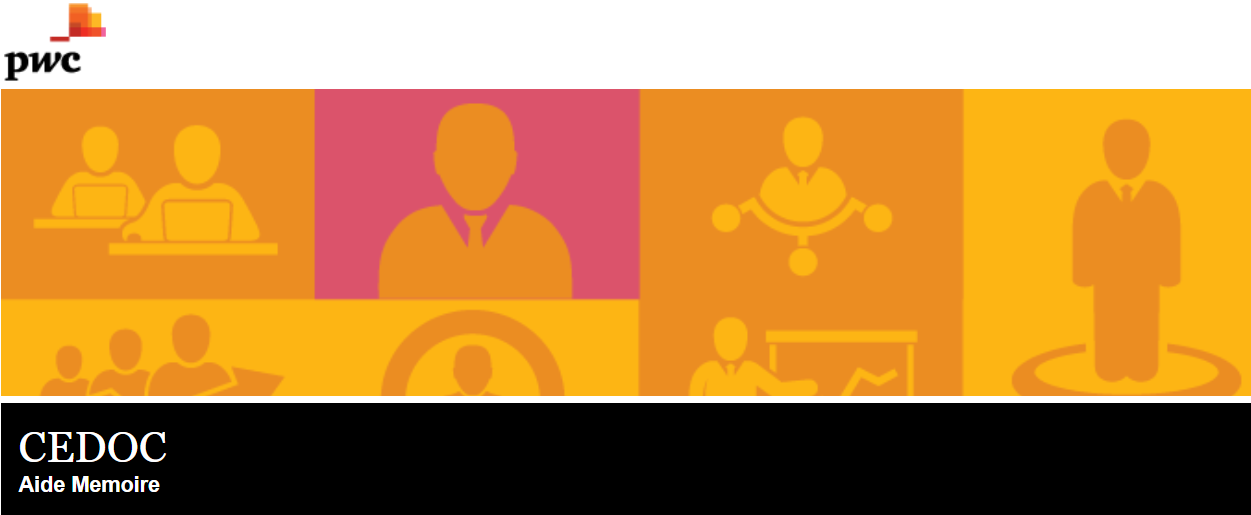Brazil Memo | 27 de janeiro
- Por: Juliane
- Acessos: 1442
CARLOS GERALDO LANGONI
BRAZIL AND THE DAVOS FORUM
The Davos World Forum took place in a scenario of uncertainty and sluggish expansion of the world economy.
In the coming years, the IMF projects world growth just above 3%, despite the moderate slowdown of China and the United States. Brazil is one of the few large economies that is expected to advance at a faster pace.
Star:
Despite the externalities of environmental pressure, Brazil was the highlight of the conclave.
It is also one of the few democracies that gained political support for complex reforms such as the Social Security reform bill. The contrast with the difficulties faced by France is a striking example.
At regional level, the asymmetry between the Brazilian liberal strategy and the populist relapse in Mexico and Argentina was also highlighted.
Optimism:
The wave of favorable expectations was leveraged by the new status of our candidacy for the OECD, pointing to a qualitative leap in public policies.
Brazil also benefited from the announcement of its adherence to the rules of the WTO's GPA - Government Procurement Agreement - another chapter in the process of opening up the economy.
The objective is to give equal treatment to national and foreign companies, stimulating competition in government purchases of goods and services.
As Paulo Guedes pointed out, deconstructing cartels is a powerful weapon to increase competitiveness and fight systemic corruption.
The upward bias in the confidence indexes was reinforced by a 25% increase in foreign direct investment (FDI) last year, according to UNCTAD.
The amount estimated by the Central Bank is US$ 75 billion: it is an extraordinary result because it was during a transitional period, where governance had undergone crucial tests.
With this result, Brazil is the 4th most attractive country for foreign capital, behind only the United States, China and Singapore.
Scenario:
The projections for this year are even more favorable with FDI surpassing the US$ 80 billion level.
The passing of the tax reform will be essential, even if sliced. It should start with a dual VAT system that will consolidate indirect taxes at the federal level and between states and municipalities.
The confidence level is expected to improve, as already observed for industry in January (1.1% increase according to the Getulio Vargas Foundation), consolidating a drop in the perception of country risk.
Additionally the range of investment opportunities is expected to expand with the concessions and privatization program, particularly in the infrastructure sector.
In summary, the structural changes to the Brazilian economy were highlighted at Davos.
Foreign investors with a long-term profile are increasing their bet on a new stage of sustained growth, anchored in solid fiscal architecture.
Even environmental concerns and their disproportionate focus on the Amazon were not able to contaminate the optimistic bias of this global elite.



